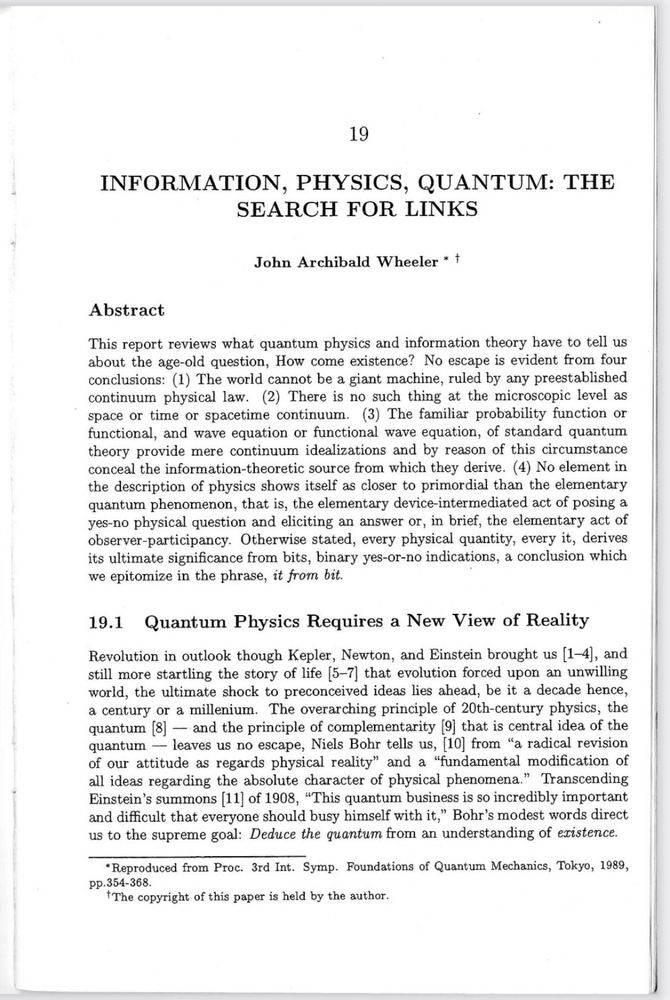

More at Babel Blog
jessicaflack.wordpress.com/blog

More at Babel Blog
jessicaflack.wordpress.com/blog
x.com/C4COMPUTATIO...

x.com/C4COMPUTATIO...
x.com/C4COMPUTATIO...

x.com/C4COMPUTATIO...


"Information, physics, quantum: The search for links." philpapers.org/archive/WHEIPQ….

"Information, physics, quantum: The search for links." philpapers.org/archive/WHEIPQ….



